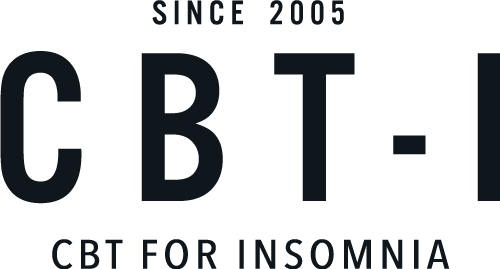New Sleep Aid Dayvigo Is Not Clinically Effective for Insomnia
Dayvigo is a new sleep aid that was recently approved by the FDA in December, 2019 for the treatment of insomnia. It is an orexin antagonist that works by inhibiting the wakefulness-promoting effect of orexin, a neuropeptide. A recent study funded and conducted by the company that markets Dayvigo, Eisai, demonstrates that, like its predecessors, Dayvigo is not clinically effective for insomnia.
This study, published in JAMA Network Open, was conducted with just over 1000 adults age 55 and older. The primary measure was improvement in sleep-onset insomnia as measured by reductions in sleep-onset latency (number of minutes to fall asleep). Sleep-onset latency was measured by objective polysomnograms (EEG) on the first two nights subjects took Dayvigo, and then on nights 29 and 30 after one month of nightly use. Subjective sleep-onset latency as measured by a sleep diary- an important measure because it assesses subjects’ perceived changes in the time it took to fall asleep- was also assessed after one and four weeks of treatment. A strength of this study was that Dayvigo was compared not only to a placebo but also to Ambien. However, a major drawback of this study was that it either did not assess, or did not report, changes in total sleep time. This is a remarkable omission given that the main reason insomnia patients take a sleeping pill is to obtain more sleep.
The objective EEG results indicated that Ambien and Dayvigo only helped subjects fall asleep 7 and 13 minutes faster than a placebo, respectively. Although Davigo helped subjects fall asleep a few minutes faster than Ambien, these improvements are underwhelming. In fact, they are virtually meaningless clinically since subjects required 45 minutes to fall asleep at baseline. Similarly, the sleep diary results showed that, at week one and four of treatment, Ambien and Dayvigo only helped subjects fall asleep 5 and 10 minutes faster than placebo, respectively. Because research involving thousands of insomnia patients demonstrates that insomnia patients require an average of about 75 minutes each night to fall asleep, improvements of 5 to 10 minutes to fall asleep compared to placebo are not clinically significant. Subjects would still have significant insomnia because they require over an hour to fall asleep.
In summary, both Dayvigo and Ambien produced small, clinically insignificant improvements of 5 to 10 minutes on subjective perception of sleep onset latency, and 7 to 13 minutes on objective measures of sleep-onset latency. The fact that this study did not report on changes in total sleep time as a primary outcome variable is highly irregular and problematic. This omission likely indicates that neither drug has significant effects on total sleep time, thereby casting further doubt on the efficacy of these medications.
This study is another example of drug companies designing sleeping pill studies that focus on statistical significance of very small benefits while completely ignoring the fact that these small statistical benefits are clinically meaningless.
